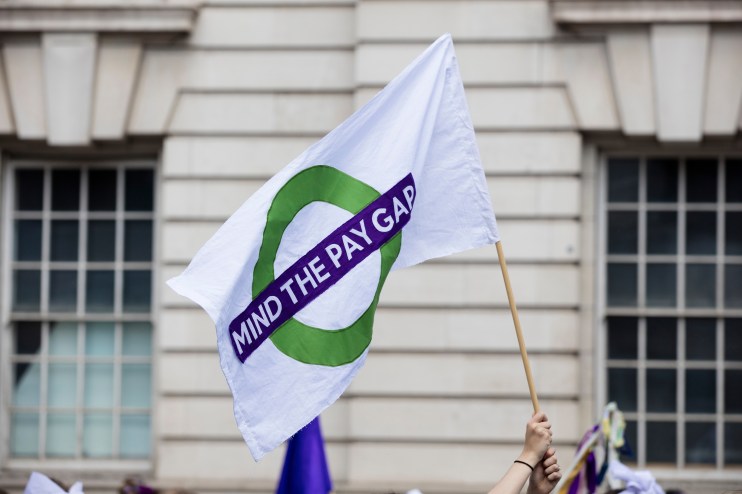Workplace gender parity pushed back four years by Covid-19 pandemic

UK workplaces are failing to make progress in gender diversity, with the Covid-19 pandemic pushing representation in executive positions back by four years.
Diversity consultancy The Pipeline said career prospects for women were “desolate” in its annual assessment of gender diversity in FTSE 350 companies.
The predicted year for gender parity in the UK was pushed back from 2032 to 2036 due to the coronavirus pandemic.
This is partly because workplace top brass is still dominated by men. Women only account for five per cent of CEO positions in FTSE 350 companies, a rise of just one per cent from last year.
This glacial trend shows no signs of speeding up, as women were also unlikely to be in pre-CEO positions. Almost three fifths of FTSE 350 companies did not have any women in profit and loss roles, and only 17 per cent of CFOs were women.
Margaret McDonagh, co-founder of The Pipeline, said: “without decisive action, the future is looking grim for both women who want to be the next boss and the wider economy. Evidence of this lies in the incredibly low-level of women who are in executive committee roles with profit and loss responsibility, which are critical pre-CEO positions, a situation that remains largely unchanged in the last 12 months.”
This is despite workplaces generally performing better when they have more gender diversity, a trend that continued throughout the pandemic.
Companies with executive committees that are at least 50 per cent female were more likely to turn a profit than companies without women at the top.
More gender diversity also has a snowballing effect, with women CEOs better at achieving gender-balanced executive committees than men.
Lorna Fitzsimons, co-founder of The Pipeline, said: “The last year has been dominated by Covid-19, which has disrupted so much. Times of crisis are moments that offer the possibility of major shifts away from established paradigms, but the extreme stresses involved can also drive a response that is regressive. The data in Women Count 2021 reveals that FTSE 350 companies have not used the pandemic as a transformative moment for their businesses, instead there has been a reversion to type with companies continuing to fail women.”